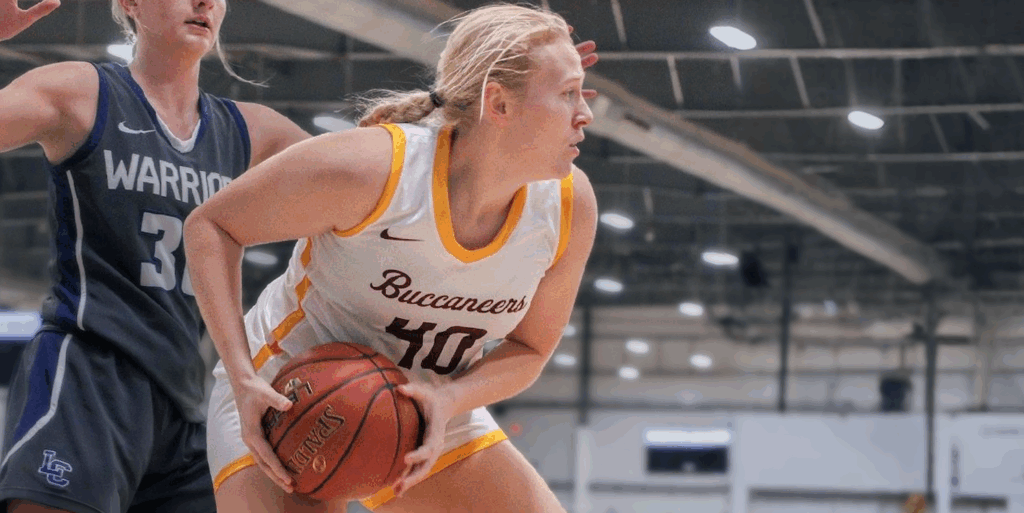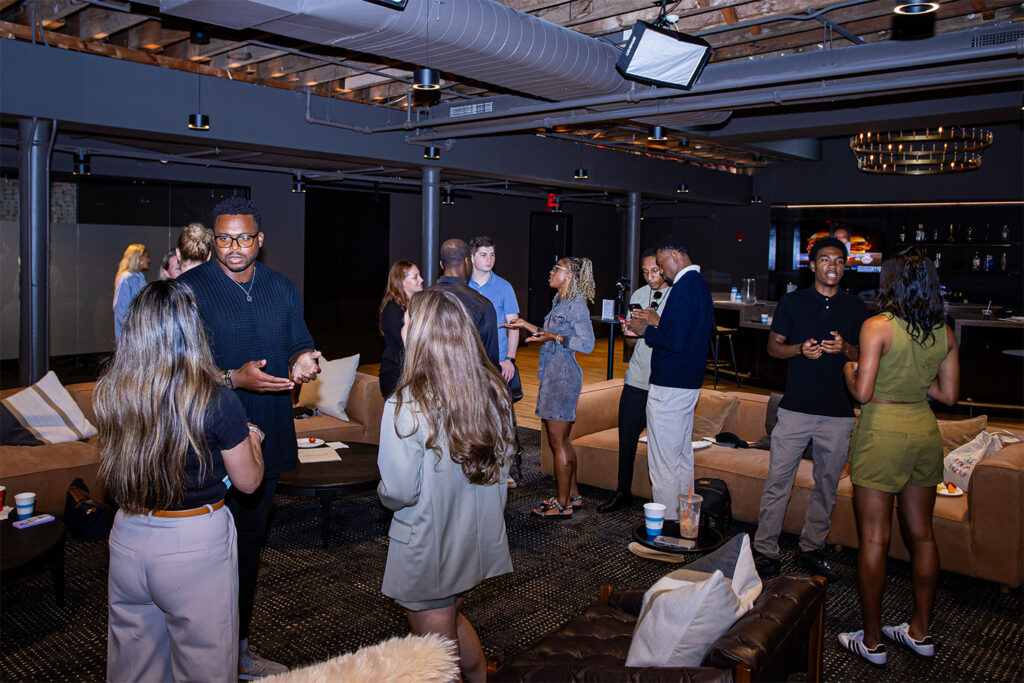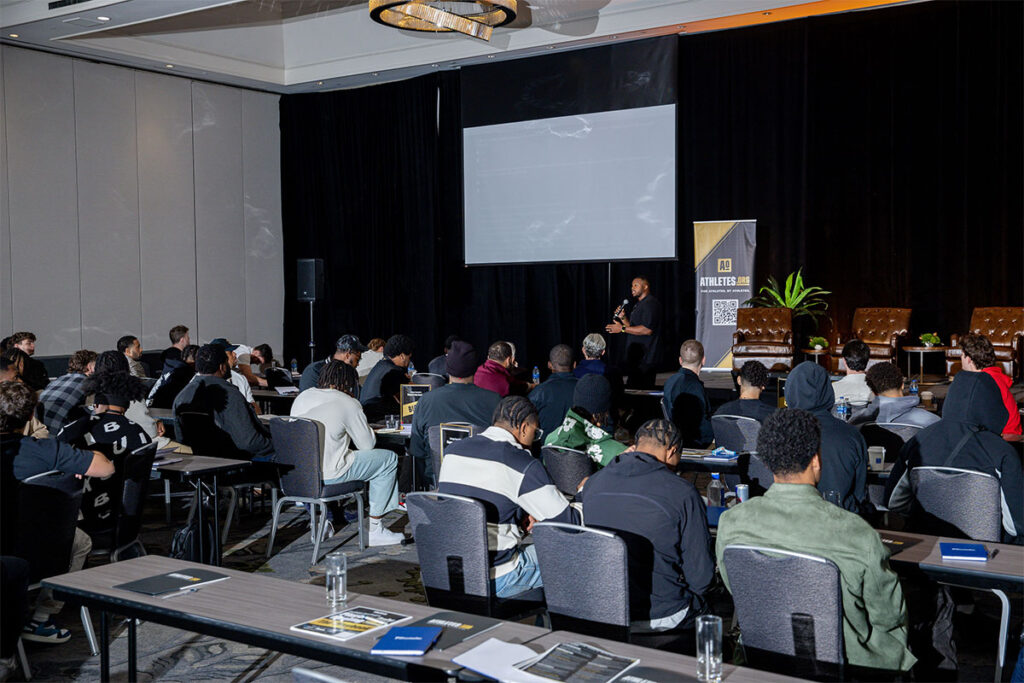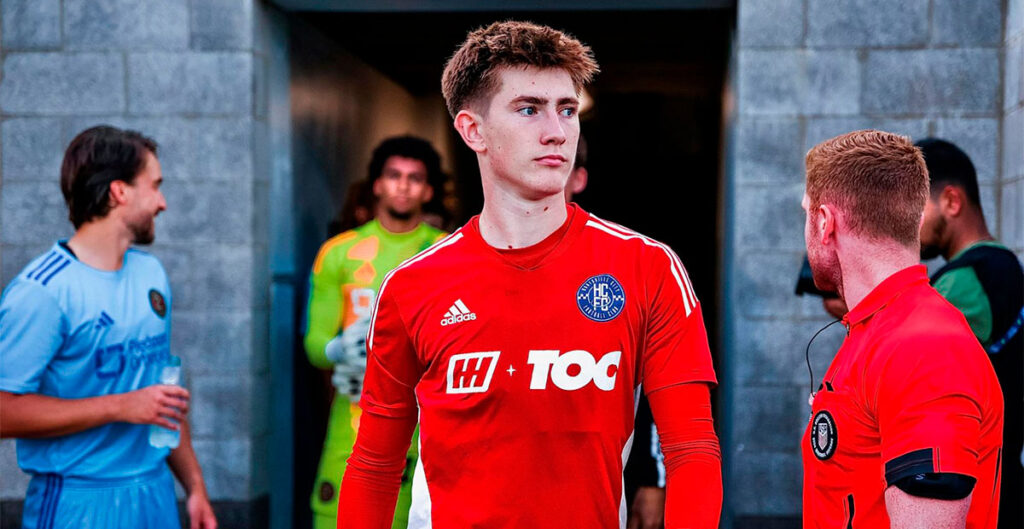
I grew up in Entiat, Washington, a small town most people have never heard of. It’s tucked between mountains and the Columbia River, with one school for every grade and not a lot going on. But even in a place that’s quiet, I found movement. I found rhythm. I found dance.
I started dancing when I was two years old. The studio was 45 minutes away, and yet I never complained about the drive. I loved it too much. By the time I was nine, I joined the competitive team, and that’s when it really became serious. Tap and hip-hop were my specialties. I had a natural feel for the beat and a sharpness in my moves, but I loved every style. Jazz, ballet, contemporary… dance was my world. I thought I’d be doing it forever.
When I was around 12, I began to notice challenges. My mom would call my name from the other room, and I wouldn’t respond because I couldn’t hear her. In class, I’d miss instructions and feel like I was always a few beats behind. But then, during a dance competition, I put in my earbuds, ready to get in the zone, but I only heard sound from the right side. I assumed the earbuds were broken, but my mom tried them and they worked fine.
I didn’t think too much of it, but during a routine wellness check for middle school, they administered a hearing test. The nurse repeated it again and again, like the machine had to be wrong, but it wasn’t. I could barely hear out of my left ear. They referred us to a hearing specialist who confirmed that I had some hearing loss, so we went to Seattle Children’s Hospital. They ran more tests and finally gave us a diagnosis: my cochleas were enlarged, causing progressive hearing loss, and that one day, I would most likely lose all of it. I was thirteen. Thirteen years old and hearing that something I took for granted—something everyone takes for granted—was slipping away. It was devastating.
For weeks after, I barely spoke. I was angry. Sad. Embarrassed. I didn’t want anyone to know. I started wearing thick headbands to cover my hearing aids, scared that people would judge me or treat me differently. I was afraid I’d be labeled “broken.” Then one night, I watched The Greatest Showman. And for the first time in a while, I felt something shift inside me. The characters in that movie were different, unique, and even rejected by society, but they embraced it. They came together and found power in who they were. That movie changed me. It reminded me that being different doesn’t make you less, it makes you you.
I stopped hiding. I leaned in. I even performed a tap solo to a song from the film, and it placed well at both regionals and nationals. I thought I had found peace with everything… but life wasn’t done throwing curveballs.
A year later, I lost all hearing in my left ear. And then I started losing it in my right. Dance became difficult. I could no longer feel the music the same way. Timing became a challenge. Group routines became nearly impossible. Eventually, I had to stop dancing altogether. It broke my heart. I felt like I was grieving a part of myself. The silence was louder than ever.
When I entered my sophomore year of high school, my mom begged me to try basketball. She had played in high school and college at Washington State, and she thought I might have what it takes. I had never played on a team before. But for her, I gave it a shot.
We trained that summer, just the two of us. She taught me the basic footwork, shooting, how to set screens, and how to play smart. Then the season started. I played in my very first game, and something clicked. It was like dance in a way, the movement, the timing, the connection with teammates. I wasn’t great at first. I came off the bench and barely played. But I kept grinding. I started to realize I had a natural physicality. I had strength. I had this inner motor, this instinct for rebounds. Even if I was a little behind skill-wise, I could see the ball and predict where it would land. My athleticism from dance translated into footwork, body control, and balance. I had the tools, I just needed to sharpen them. Then, my dad’s job moved us to Arizona.
It was scary at first, leaving everything behind. But in Arizona, there were more resources. More competition. More opportunity. I worked every single day. I’d spend hours on the court, drilling post moves, jump shots, defense, anything to get better. My junior year, I earned more playing time, going from bench player to sixth man, and even starting a few games.
That year, my coach told me something I’ll never forget. He said, “You’ve got a shot at college ball. You should go for it.” I didn’t know if he was right, but I listened. He told me to join his club team in the summer, a regional squad that would travel and compete. At the first tryout, I was just hoping to make the roster. But afterward, one of the coaches approached me and asked if I’d be willing to try out for the National team. I said yes. And I made it.
I spent that summer traveling the country, playing against top competition and learning from amazing coaches. My confidence grew. My game elevated. Still, people doubted me. “Maybe a JUCO if you’re lucky.” But their doubt didn’t stop me. It fueled me.
By my senior year, I earned First Team All-League and was named Offensive Player of the Year. Colleges started reaching out. Offers started coming in. I couldn’t believe it. I ended up signing with Park University, and today, I’m a sophomore playing college basketball, something many people said was impossible. But here I am.
Park has been everything I hoped for. The team is my family. The grind is real, and the learning curve is still steep since I started so late. But I’ve embraced the process. Every day is a chance to improve, to grow, to prove that it doesn’t matter where you start, it matters how hard you work and how much heart you bring.
After I finish at Park, I plan to transfer to the University of Arizona to earn my master’s and become a hearing teacher. I want to help kids like me, kids navigating hearing loss in a world that doesn’t always understand. I want to be the voice for the ones who feel silenced.
My story isn’t typical. I didn’t take the traditional route. I started late, faced setbacks, lost things I loved… but I found something even greater.
I found purpose.
From tap shoes to high-tops, from silence to strength, I found my rhythm again.
And this time, it won’t fade.


